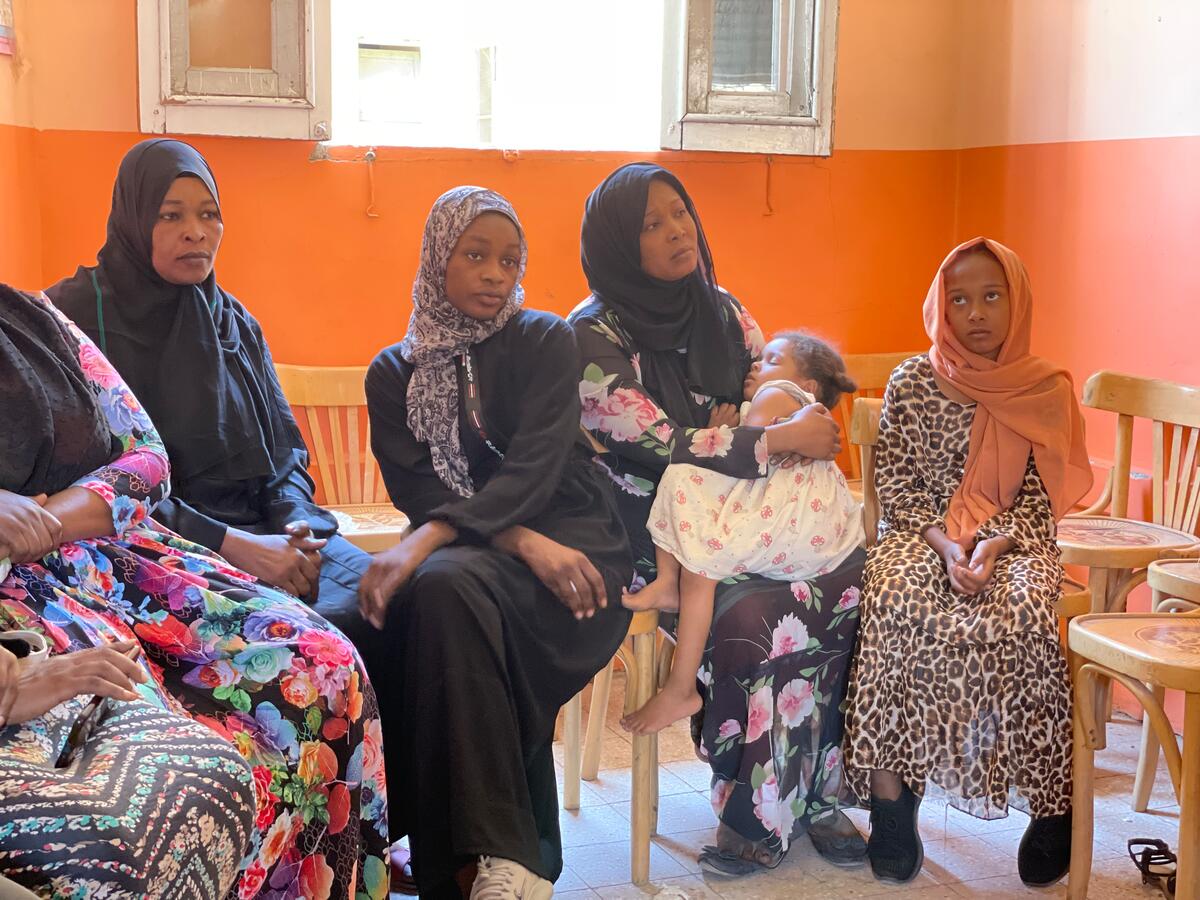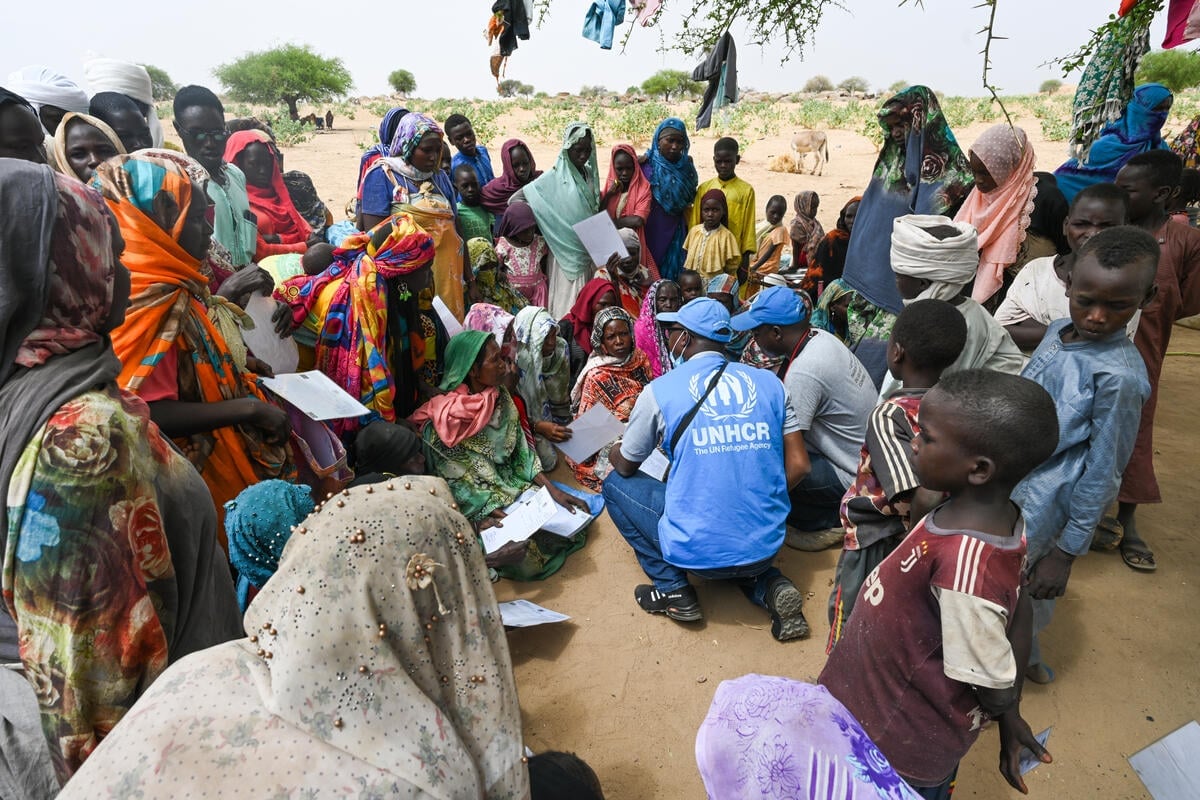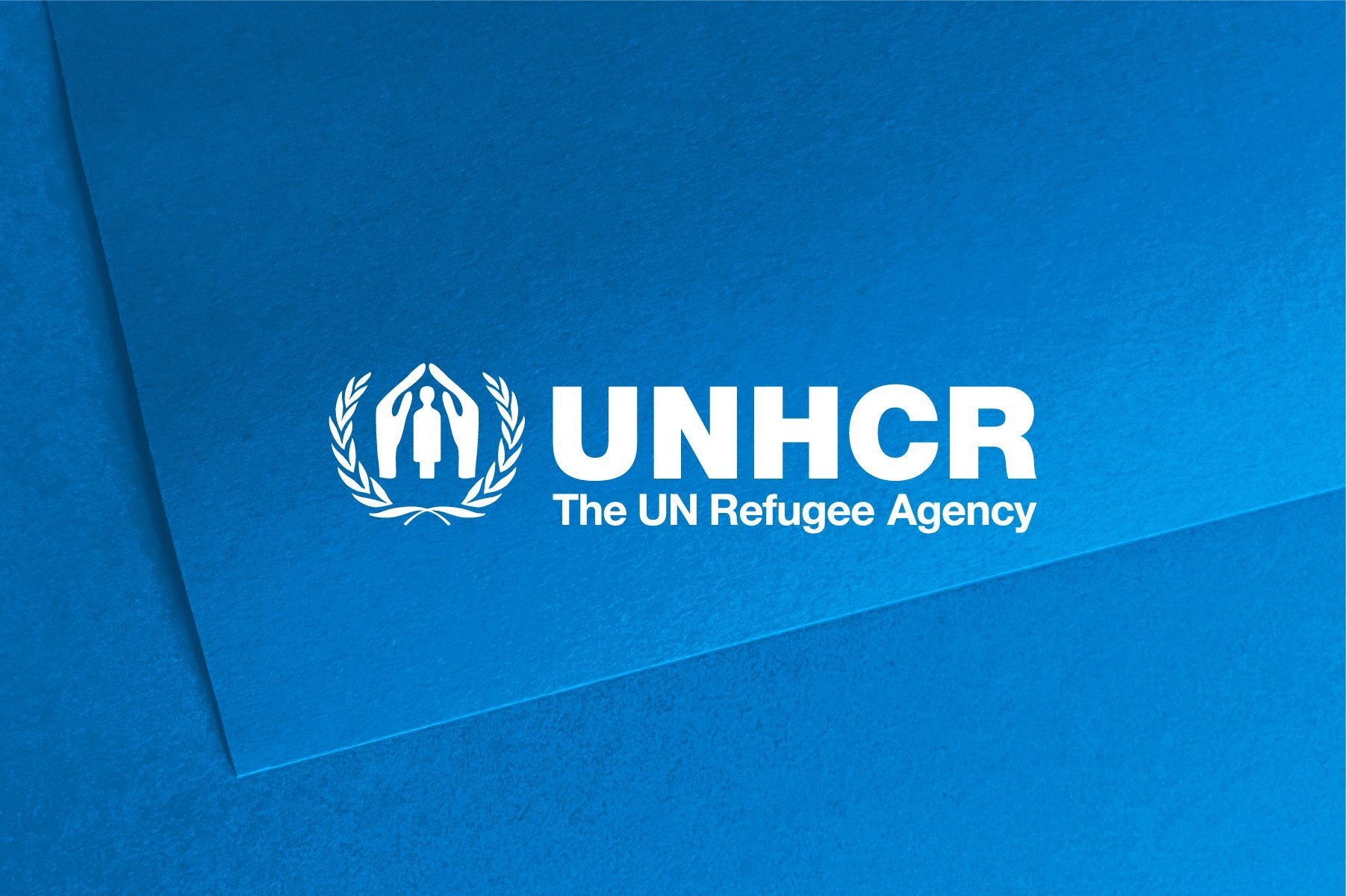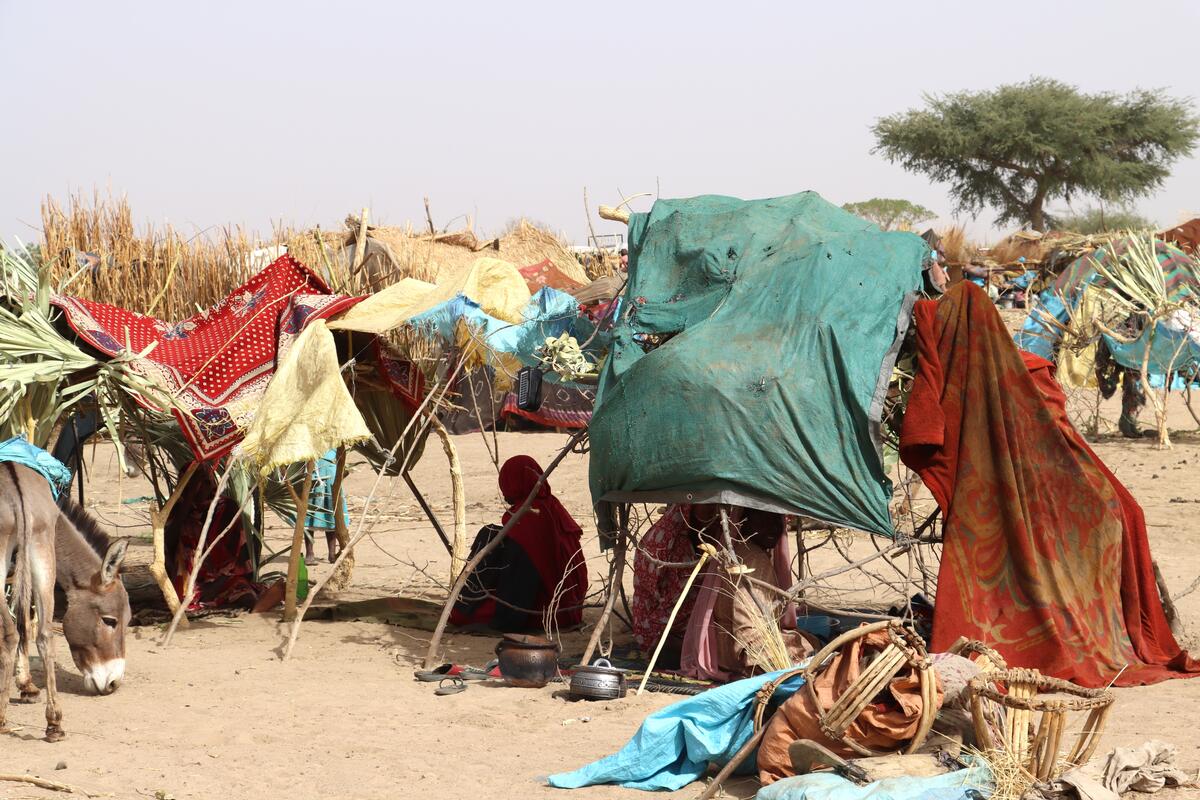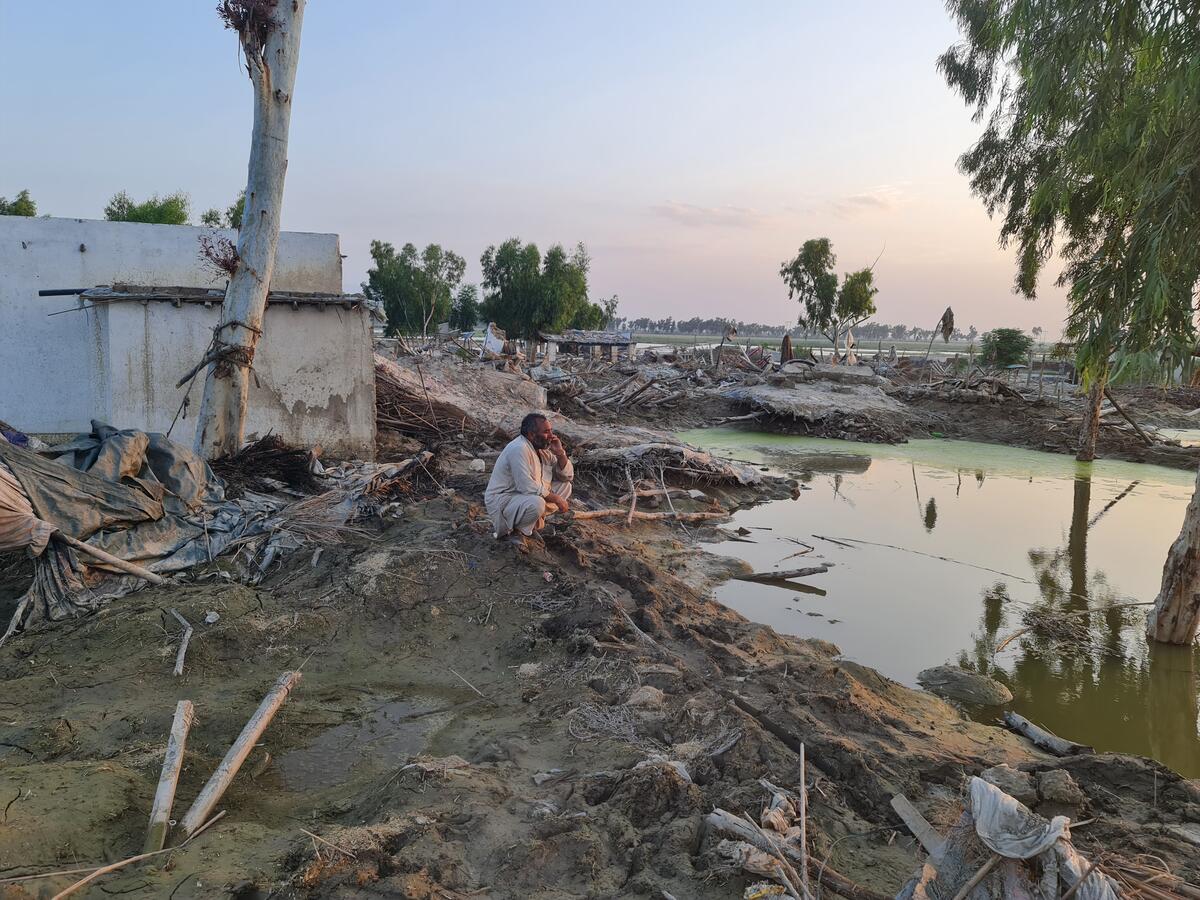DRC: After 8,000 returns, organised repatriation programme to South Sudan closes
DRC: After 8,000 returns, organised repatriation programme to South Sudan closes
UNHCR officially closed on Saturday its programme for the organised repatriation of Sudanese refugees from the Democratic Republic of the Congo (DRC) after the successful return of more than 8,000 Sudanese refugees from a string of refugee camps in the north-west of the country. The DRC becomes the second country - after the Central African Republic - to complete organized repatriation to South Sudan. Voluntary repatriation from CAR was officially closed on 11 April 2007.
The last group of Sudanese returnees airlifted to Yambio on Saturday was met by traditional dancers and a local church youth band. Senior government officials who joined the welcome ceremony for the returnees, some of whom have been in exile for the past 17 years, welcomed the effort returnees will make in rebuilding their country. They also warned them of the risks of HIV and AIDS.
The repatriation operation from DRC, launched in June 2006, ended last Saturday (June 2) when the last of 10 flights chartered to transport some 470 refugees from Dungu landed in Yambio in western Equatoria Province of South Sudan. Poor road and security conditions linking Dungu in DRC and Yambio in South Sudan prompted UNHCR to organize an airlift of the nearly 500 refugees living in camps near Dungu. Road convoys would have traversed the insecure Garamba National Park.
Since 2006, return convoys for more than 6,000 Sudanese refugees from DRC to South Sudan have been organised by road from other refugee camps around Doruma, close to DRC's north-eastern border with Sudan. During the same period, nearly 2,000 other refugees made their own way back to Sudan and received reintegration assistance on arrival back to their villages of origin.
In Yambio, UNHCR has supported the construction of eight water boreholes and sanitation blocks for area schools. We have also constructed and equipped a maternity clinic, repaired and equipped six primary health care centres and are now building three more schools. We are also supporting income-generating activities for returnee women and men. We estimate that up to 5,200 Sudanese refugees may still be living on their own in various towns and villages in the DRC. However, they have not approached UNHCR for return assistance and it is assumed that they have opted to remain in the DRC. Others may still opt to return at a later date using their own means.
In a related development, a tripartite commission meeting bringing together the governments of Sudan, Kenya and UNHCR in Khartoum last Friday agreed to increase the pace of repatriation of Sudanese refugees living in Kakuma camp, northern Kenya. There are some 45,000 Sudanese refugees in Kakuma camp - down from 70,000 in December 2005.
A similar meeting bringing together the governments of Uganda, Sudan and UNHCR in Kampala, Uganda, in early May also resolved to quicken the pace of repatriation from Uganda and to open new return routes linking refugee camps in northern Uganda with Eastern and Central Equatoria states in South Sudan.
Since the start of voluntary repatriation to South Sudan, some 145,000 Sudanese refugees have returned home, more than 63,000 of them with UNHCR assistance. In 2007, UNHCR plans to aid the return of 102,000 Sudanese refugees from neighbouring countries.


